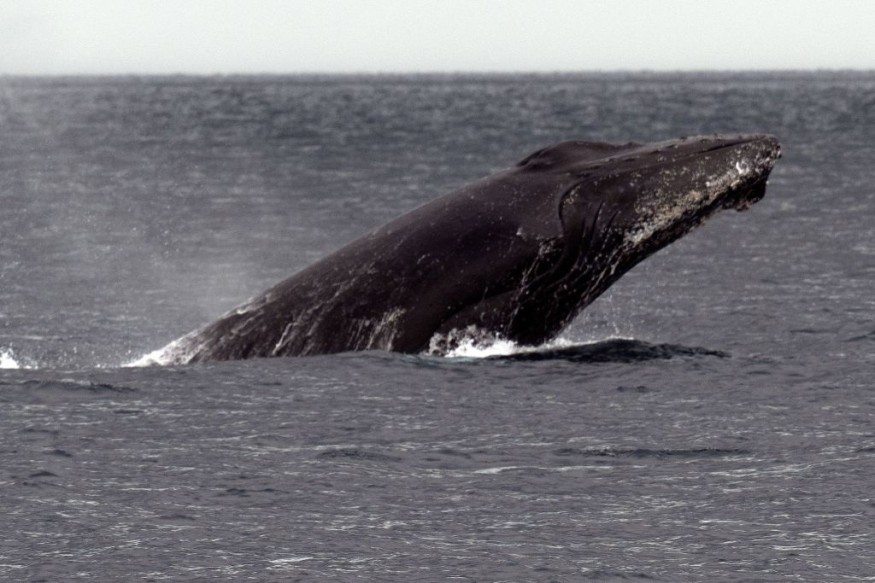
A recent study said that commercial whaling in the twentieth century killed big whale populations, but it also appears to have had a long-term impact on the genetic variety of today's surviving whales.
Researchers examined DNA from whale bones found on beaches near abandoned whaling stations on South Georgia Island in the south Atlantic Ocean to DNA from whales in the current population and discovered high evidence of maternal DNA lineage loss among blue and humpback whales.
Loss of maternal DNA lineages
In a finding published in the Journal of Heredity, experts studied DNA collected from bones found on South Georgia Island and compared the genetic information with previously published data from living whales in the present post-whaling population to better understand how whaling may have altered the genetic variety of today's population.
Angela Sremba, who conducted the research as part of her doctoral studies at Oregon State University's Marine Mammal Institute, and her colleague's studied humpback, blue, and fin whale bones and discovered that, while genetic diversity among whales remains substantial, there is evidence of a loss of maternal DNA lineages in the blue and humpback populations.
Due to the scarcity of post-whaling samples, researchers were unable to discover differences in diversity between pre- and post-whaling DNA samples from Southern Hemisphere fin whales.
Because some whale species can live for up to 100 years, some of today's whales could have been alive during the whaling era.
As these whales die, it is possible that additional maternal lineages will be lost. This highlights the necessity of protecting genetic information from whales right now, she says.
"It's remarkable these species survived. In another 100 years, we don't know what might change, and we can't measure any change now if we don't have a good understanding of the past," Sremba said. "This work provides an opportunity to reconstruct the history of these whale populations and help us understand what was truly lost due to whaling activities."
Rediscovering habitat
South Georgia is a remote island located about 800 miles southeast of the Falkland Islands that was home to multiple whaling operations from the turn of the century until the 1960s.
More than 2 million whales were slaughtered in the Southern Hemisphere in just over 60 years, including 175,000 killed near South Georgia.
Evidence of the killing can still be found on the island, which is littered with thousands of whale bones, many of which are 100 years or older and were dumped during corporate processing.
The region's cold weather aided in their preservation.
Since commercial whaling was banned, South Atlantic whale populations have begun to recover, but whale sightings off South Georgia have remained low.
According to research co-author Scott Baker, associate director of OSU's Marine Mammal Institute, this shows that local populations may have been extirpated-a phrase used to characterize a form of limited extinction.
"For 60 years, the whales have been absent from the South Georgia feeding grounds, suggesting that cultural memory was lost," said Baker. "The numbers of whales returning to this region today are still not large, but there is a sense that they may be rediscovering this habitat."
Related Article : Norwegian Whaling Season 2021 Claimed the Life of 570 Minke Whales Despite Protests
Related Video:
© 2025 NatureWorldNews.com All rights reserved. Do not reproduce without permission.





